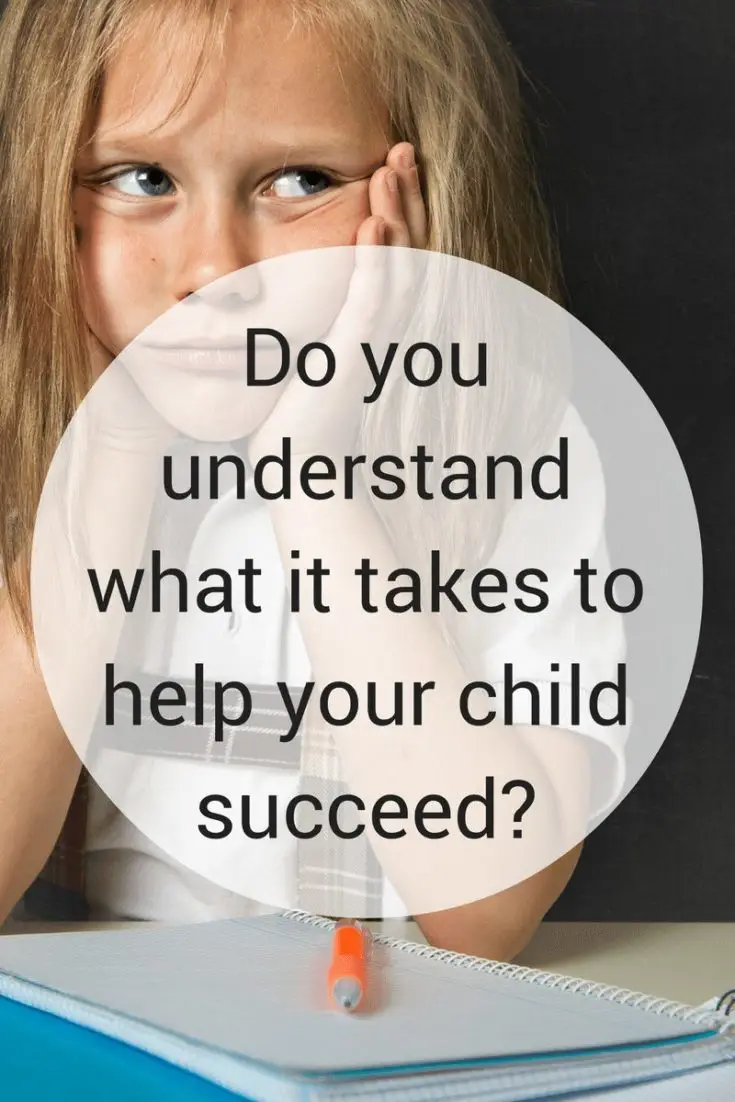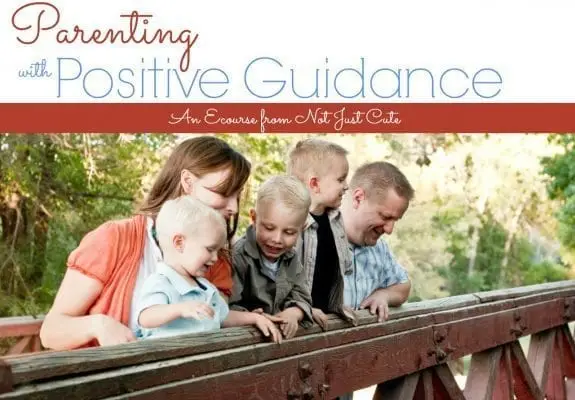Teaching kids about failure is a hot topic. Are we getting it all wrong, though? When you child is failing, how to respond? I had it all wrong and here is what I learned from it.
“We need to talk to Miss Kim about J's work plan. His focus worries me. Why can't he get through his works?” my husband asked me. I nodded.

In my son's Montessori Lower Elementary classroom, they have a work plan for the week. Each child receives a blank grid and fills in the works for each day to tackle throughout the week. This approach is not to be stressful for the kids. A work plan helps a child develop executive functioning skills by preparing, thinking ahead, and achieving tasks as a result.
There are two sets of kids: 1) the ones that put their heads down and check off all seven works as quickly and diligently as possible and 2) the ones that struggle to get through 2 or 3 works. I am not going to worry about the first group because they are not my concern.
The latter group (the one my child lives in) worries many parents because of the issue of focus and attention. Many of us ask: “Why is his mind wandering? Why can't he focus and get his work done?”
{This mom raises her hand.}
As a side note, I am reading a book by Carol Dweck called Mindset: the New Psychology of Success. So much of the content resonates with me as an individual, a mother, and a professional. One point she makes again and again is about the effort and journey to the end (whether the result is a failure or a success). When I speak about the “journey”, I mean the effort and the mindfulness of the process and the hard work it took to get to the end result (again, regardless of whether it was a success or a failure).
What I describe above is a “growth mindset”. This mindset is what we need to instill in our children and in ourselves.

After the conversation with my husband, I emailed my 7.5 year old's teacher and asked for a few moments of her time. She replied promptly and I was able to schedule time with her that day.
My Child is Failing – What Do I Do?
Another side note, my son felt every bit of his parent's concern. Whenever we asked, “how did your work plan go today?” and every time we celebrated “Mom, I got five works done today!” His excitement to share this information with me made my heart sink. He is not a sharer. Let's put it that way.
Something didn't feel right. So, I need to gather information.
I walked into his classroom and met his teacher's eyes.
She asked, “What's up?”
I told her our concerns with J's focus, his wandering mind, and not getting through his work plan.
Her response floored me. She looked surprised and responded to me, “Marnie, there is not other student who goes as deep on their works. J may only get three works done but he thinks deeply about those works, stops and asks me questions, and truly is able to talk to me about the work. When he sits down next to me and says, “Miss Kim, I have some questions, ” it is my favorite part of the day.”
My eyes filled with tears. I felt the sting and then took a deep breath.
“Oh,” was all I could muster through my lips.
She smiled and said, “Thank you for bringing this issue up to me because I want to make sure that the children know that getting through all their works isn't the goal. The goal is to learn and learn well. It isn't a competition.”
“Thank you,” again, the words weakly slipped out.

When I returned home that evening, I held my son tightly. I told him about my conversation with his teacher. I let him know how proud I am of his efforts. This moment open the flood gates of conversation about what it means to succeed and the heaviness (or not) of failure.
Succeeding takes a bit of luck, a lot of hard work, and the ability to see failure as an opportunity.
Are you with me? Can we drill this fact into our heads? Will you help me spread the word? Growth mindset, friends, is the name of the game. Thank you, Carol Dweck.
Want More Parenting Tools?

Interested in Learning More about Intentional & Positive Parenting? Check out Amanda Morgan's Parenting Course.
Marnie
